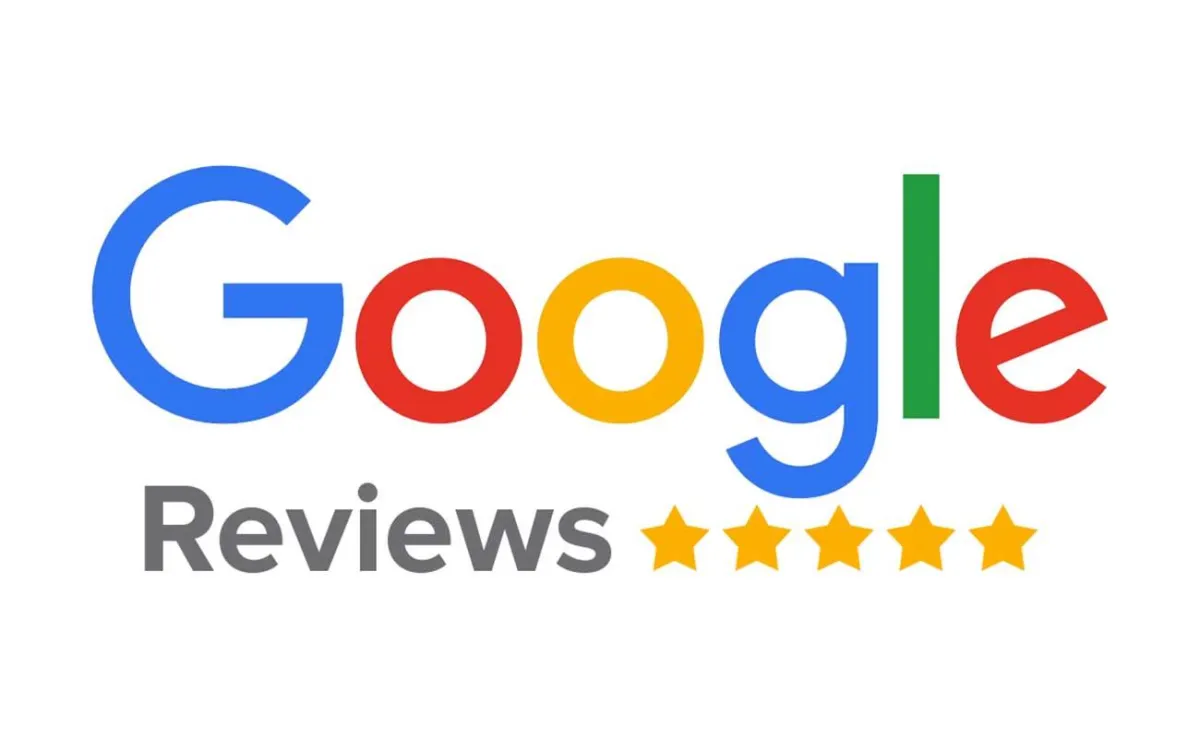Blog

W is for...
Could this BE any more relevant right now? (Extra points if you read this in a Chandler-esque voice). Essentially this is working anywhere outside of the traditional office environment and in many ways this has been key to the survival of many businesses during the COVID crisis. Let’s not jump to conclusions however about the efficacy or otherwise of remote working during a pandemic, the circumstances have been far from usual.
The temptation as we emerge from the crisis might be to go from one extreme to another - assume everyone wants to come ‘back’ to work (an odd phrase given that people have been working harder than ever), or indeed they want to stay working remotely. As with most things people related, there is never one size fits all and our recommended approach is to - wait for it because this is absolutely top notch in the advice stakes - speak to your team to see what suits them best.
There are pros and cons of working remotely and it won’t suit every role nor will it suit every person within the role, but being open to discussions with your team about how they like to work will demonstrate your trust in them, and there’s really nothing better than that.
Whistleblowing
Nope we’re not talking getting back to our raving roots, in fact we couldn’t really be further from it! This type of whistleblowing is more about exposing wrongdoings than partaking in them, and as a business you’ll need to have a specific process for dealing with such exposure in the unfortunate event they arise.
Whistleblowing differs from a grievance because issues are raised when they are ‘in the public interest’. This means that it affects other people, not just the person raising the issue. Concerns can be raised about things that have happened in the past, is happening now, or that someone believes may happen in the future. The kind of issues that might be raised by a whistleblower range from a criminal offence (e.g. fraud) through to someone’s health and safety being in danger.
While you should have a whistleblowing policy to deal with concerns, there is the possibility that you won’t be informed about an issue as individuals are able to share concerns with a ‘prescribed person or body’. For example, a health and safety issue might be raised with the HSE. Regardless of how the issue is raised, an individual is protected from any detrimental treatment as a result of whistleblowing.
Make no mistake, if someone chooses to whistleblow, things must be pretty bad in their eyes, and you can avoid things getting to this point by practicing an open and responsive approach with the people that work with you.
Working time regulations
AKA the Working Time Directive originated from the European Union as far back as 1993. It’s kind of a black sheep as far as employment law in the UK goes. We (the UK) voted against it back then, and have procrastinated somewhat in how we’ve implemented it ever since.
Our disdain of it has been fuelled somewhat by a number of complex challenges around working hours, holiday pay and on-call time, and what started out with the best of intent around minimum conditions relating to working time rest entitlements and annual leave has become a bit of a thorn in some industries sides. Of course, all of this isn’t helped by the mere fact that people can opt out of it anyway, rendering it in many ways a bit of a tick box piece of legislation that’s barely touched the sides of the UK’s long hours culture.
One to watch this space on to see if the Government will make changes now that we are no longer in the EU.
Wellbeing
And enter stage left the buzz word of the century! The concept is really quite simple. Treat people well and your business will benefit. Unfortunately ‘wellbeing’ is often seen as an add on - something that ‘HR’ does, and is reduced to a fruit bowl on a Friday or an Indian head massage now and again.
It’s really not disputable that wellbeing has great outcomes for individuals and businesses, and it’s in everyone’s interest for everyone to take it seriously. It’s more than a few niceties now and again. It's a genuine commitment to the wellbeing of your team and means checking every decision against the ‘what impact could this have on our people’ test.
For a comprehensive framework on some of the things a real wellbeing strategy would have in place, check out the Workplace Wellbeing Charter, and if you’re interested in creating a people strategy that places its people at the heart of what it does, well, you know where to find us by now, right?
If you find this article useful, consider sharing it with others
Happy Customers

Say hello

©2021 - 2024 People Pillar HR | Privacy Policy

